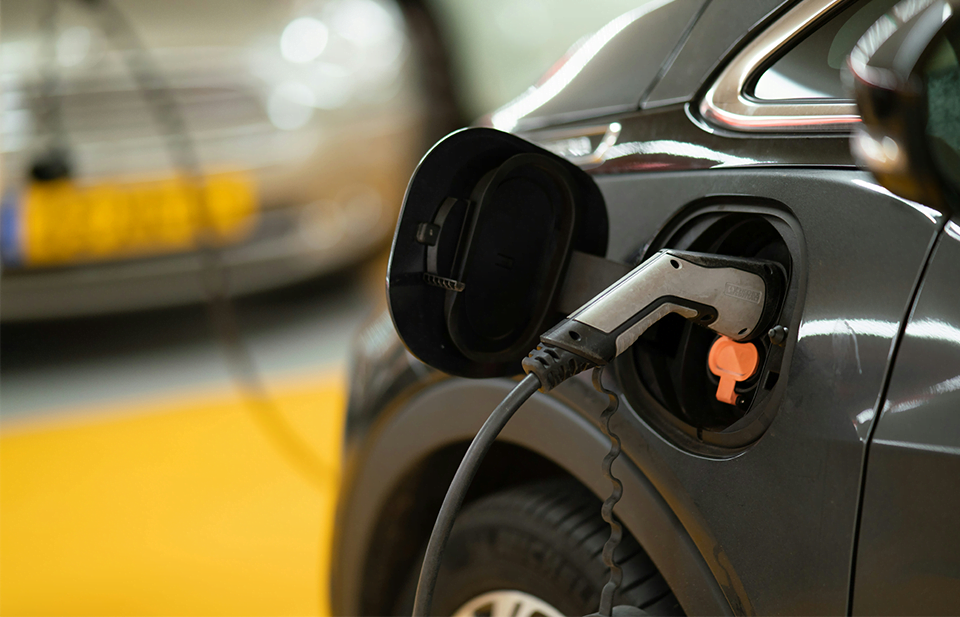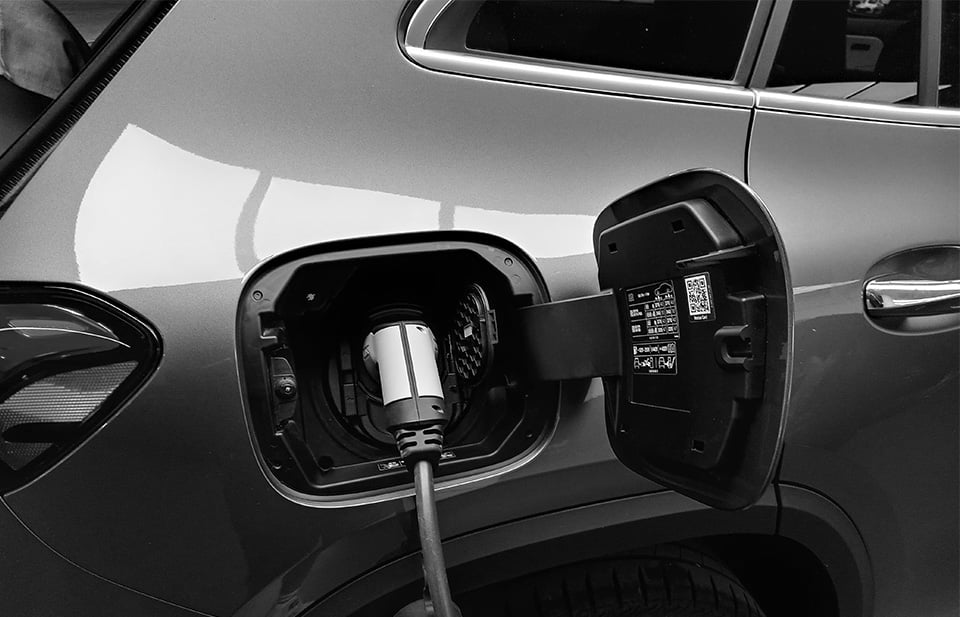Demand for electric vehicles (EVs) continues to increase, with sales representing 16.5% of all new car sales in the UK.
Is now the right time to switch to an EV, and what are the benefits of doing so?
Are EVs expensive to purchase and run?
Initially, EVs are still relatively expensive to buy compared to their petrol and diesel equivalents.
However, running costs of an EV are typically lower than petrol or diesel vehicles, particularly if you charge at home on an EV-friendly electricity tariff.
Given the very nature of EV construction, and the lack of moving parts, servicing and maintenance costs should, in theory, also be lower than for petrol and diesel vehicles.
Salary sacrifice and EVs
From an individual perspective, there are a couple of tax advantages when opting for an EV.
Employees may be able to take advantage of salary sacrifice arrangements, whereby they can choose to forego a proportion of their gross salary (i.e. before tax and national insurance), in exchange for their employer providing them with an EV.
Because the cost of the EV is paid out of funds before tax and NIC, there can be significant savings that can be generated for both employees and employers.
Benefits in kind
Where employees are provided with EVs by their employer (even if through a salary sacrifice scheme), there are benefit in kind (BIK) issues to consider.
The current annual BIK for an employee who is provided with an EV equates to 2% of the list price. From April 2025, the annual BIK rates will increase as highlighted below:
Tax year BIK rate
2025/26 3%
2026/27 4%
2027/28 5%
However, the BIKs on EVs are very low in comparison to petrol/diesel cars to further encourage uptake (diesel cars can have an annual BIK rate of up to 37% of the list price of a vehicle).
Provision of charging points
HMRC has amended guidance on the tax treatment of charging electric company cars and vans at home – confirming that if these costs are reimbursed by employers, they should not be treated as a taxable benefit for employees.
This means that no separate charge to tax under the benefits code will arise where an employer reimburses an employee for the cost of electricity to charge their company EV or van at home, given that it can be demonstrated that the electricity was used for the sole purpose of charging a company vehicle.
Increase to electric car advisory fuel rate
The Advisory Electric Rate (AER) for reimbursing employees who drive company owned EVs increased to 9p per mile from March 2024, with a commitment from HMRC to review the rate on a quarterly basis.
This means employees, including company directors, can be reimbursed for business travel up to 9p per mile on their company EV, without incurring any BIK.
Vehicle Excise Duty (VED)?
From 2025, the government will be introducing VED on EVs.
New zero-emission cars registered on or after 1 April 2025 will be liable to pay the lowest first-year rate of VED (CO2 emission 1 to 50g/km) at a rate of £10 a year.
From the second year of registration onwards, all zero-emission vehicles will move to the standard rate, which is currently £165 a year. This rate will also include zero-emission vehicles first registered between 1 April 2017 and 31 March 2025.
In addition, there is the removal of the expensive car supplement exemption for zero-emission vehicles which will come into effect in 2025. The exemption currently applies to cars with a list price exceeding £40,000 for five years. Zero and low-emission cars first registered between 1 March 2001 and 30 March 2017 will move to the band B rate, currently £20 a year.
Is 2024 the time to purchase an EV?
If an EV is in your price bracket, and when looking at your average journeys, the range isn’t going to be an issue for you, then having use of an EV could be an excellent option (if tax is a main consideration).
With advantages such as the availability of salary sacrifice, a low BIK rate, cheaper running costs and eco-friendliness, plus the tax efficiencies from an employer point of view, now may be a great time to switch to an EV.
Get in touch
If you would like to discuss the tax benefits of switching to an electric vehicle, please get in touch with Julie Walsh by clicking the button below.





